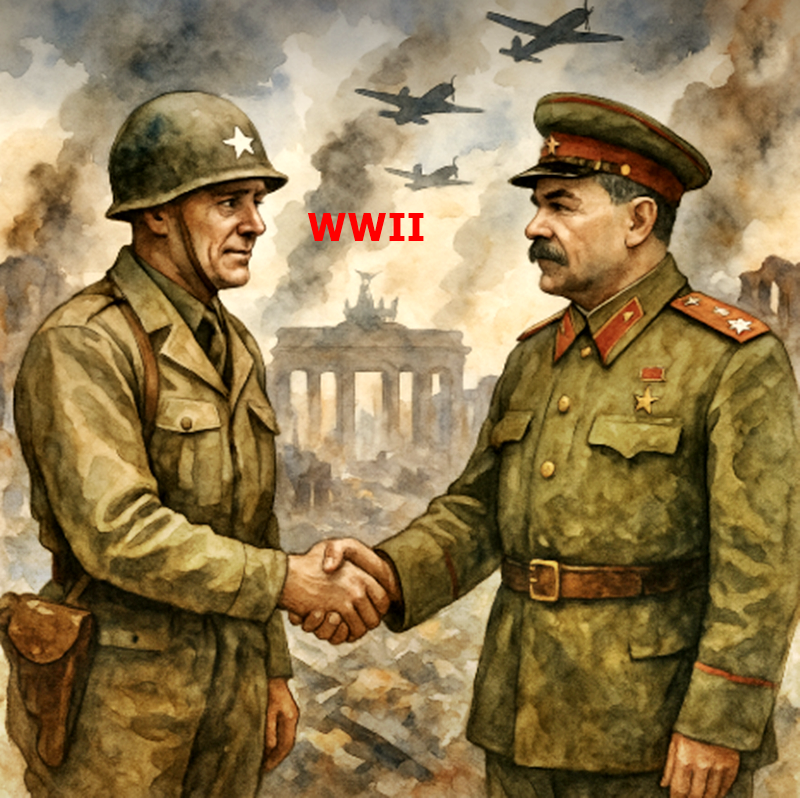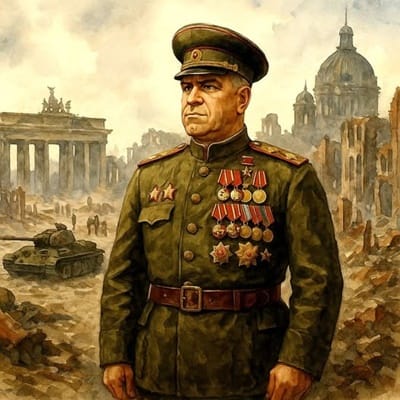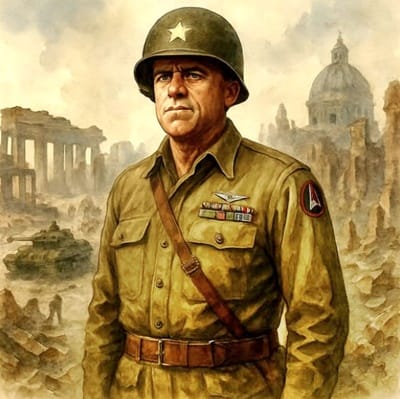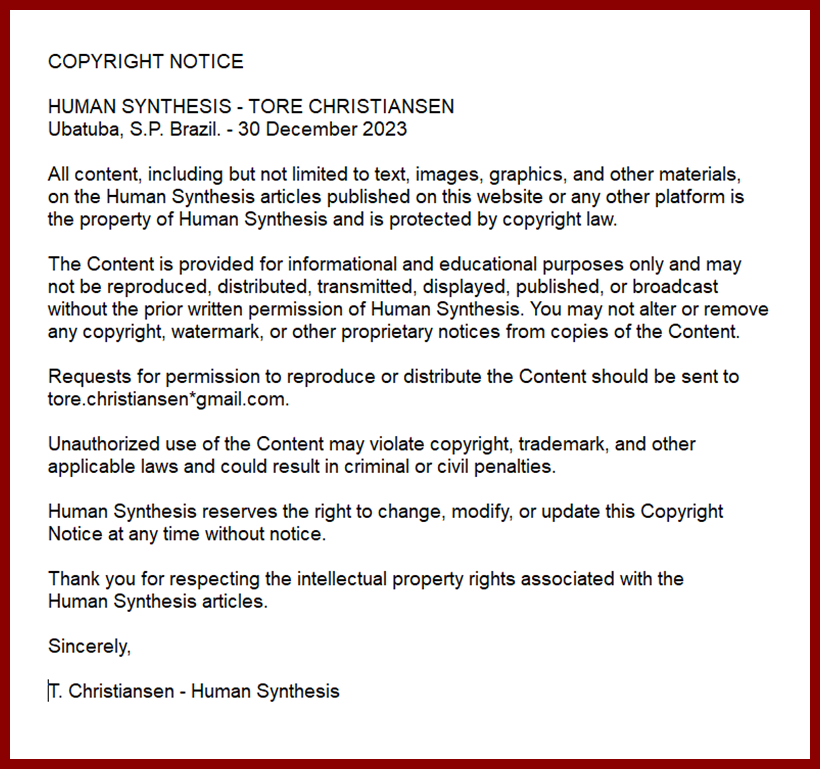INGRATITUDE IS THE REWARD OF THE WORLD

INGRATITUDE IS THE REWARD OF THE WORLD

AI ChatGPT4o-T.Chr.-Human Synthesis-09 May 2025
Of the two million tons of bombs dropped by the Allies over Germany. One third rained down in the final months of the war—when Marshal Zhukov’s troops had already crossed the Oder and the Nazis were, in reality, defeated.
The human suffering caused by this late bombing was unimaginable, and the destruction of Europe’s architectural and cultural heritage devastating. In cities like Potsdam, Berlin, and Dresden, centuries of European cultural history were reduced to rubble. These days, we celebrate the liberation of our own country. In the northeast, the Soviets had already freed Norwegian territory a year earlier.
Despite President Roosevelt’s belief that it would be fair for the Soviet Union to be rewarded with a foothold and a free port in northern Norway, Stalin chose to renounce all territorial claims and left us in peace.Yesterday, once again, headlines honored our own efforts and those of the Western Allies in the struggle for freedom.
But the nation that bore the heaviest burden was once more ignored.If we were to honor every single Soviet citizen who gave their life to save themselves—and Europe—from Nazi domination with one minute of silence each, the world would fall quiet for 51 years.
The Russian people and their leaders have been good neighbors for over a thousand years. They have never done us harm. Yet time and again, Norway takes the lead in spreading suspicion and hostility toward them. We owe them a deep and lasting gratitude.
PRICE OF FORGETTING THE US

Of the millions of American sons and daughters sent overseas during World War II
Over 400,000 never returned home. They crossed oceans not to conquer, but to liberate—landing on blood-soaked beaches, parachuting into dark skies over enemy lines, and marching through ruined cities not their own. They fought and died in lands they had never seen, for people they had never met.
After the war, while Europe rebuilt with American aid—through the Marshall Plan, which poured billions into reconstruction—gratitude was real, but short-lived. Today, American motives are often questioned, their history recast in shadows of suspicion. Their sacrifices, once honored, are sometimes dismissed as imperial overreach, their soldiers painted less as liberators and more as occupiers.
In places where American blood watered the soil of freedom, memorials stand weathered and silent, while textbooks rewrite the past and younger generations forget the names that once echoed in towns newly freed.
Yes, America has made grave mistakes—as all great powers have—but in the pursuit of peace, it bore burdens few could match. It fed the starving, healed the wounded, and helped rebuild what war had shattered. And it asked little in return but respect, and memory. Yet the world is quick to turn its back, quick to condemn, and slow to remember.
Philosophical Reflection
Gratitude is not owed to perfection, but to principle—and to those who bled for the liberty of others. To forget the hand that once lifted you from the ashes is not moral clarity; it is moral amnesia.
A world without remembrance is a world doomed to cynicism. And cynicism, unchecked, corrodes not just the truth—but the very soul of freedom.
Let us remember, then—not with blind loyalty, but with honest balance. Let us teach our children that freedom, though flawed in its agents, is sacred in its cost.
Because where memory fades, peace becomes fragile. And without gratitude, we risk becoming unworthy of the very freedoms we inherited.
